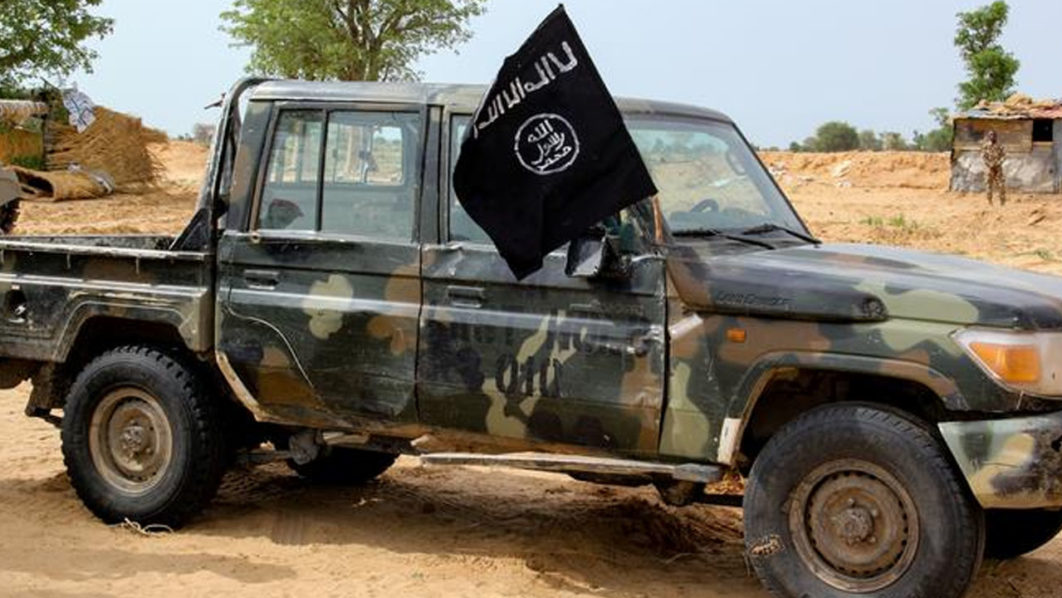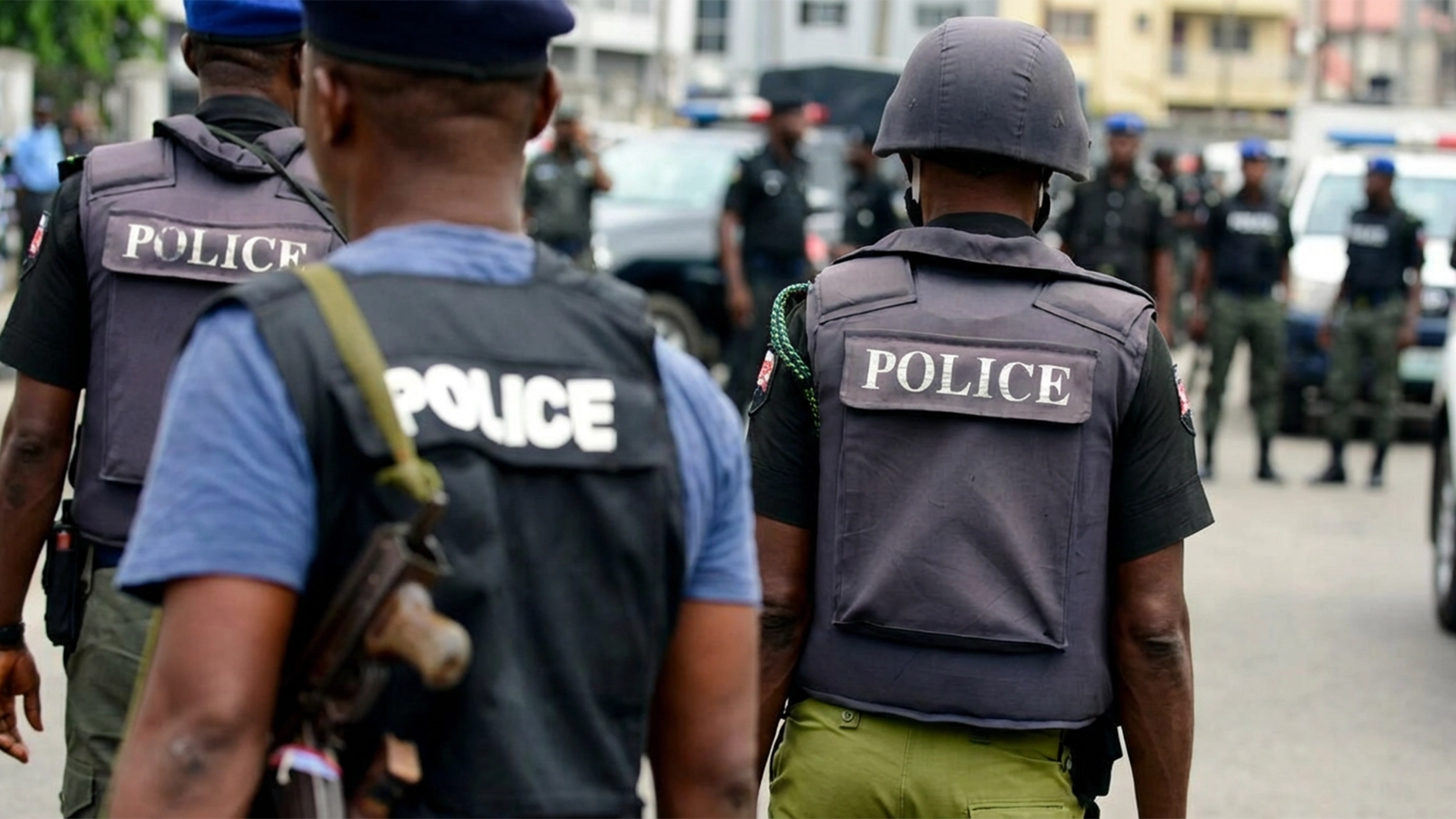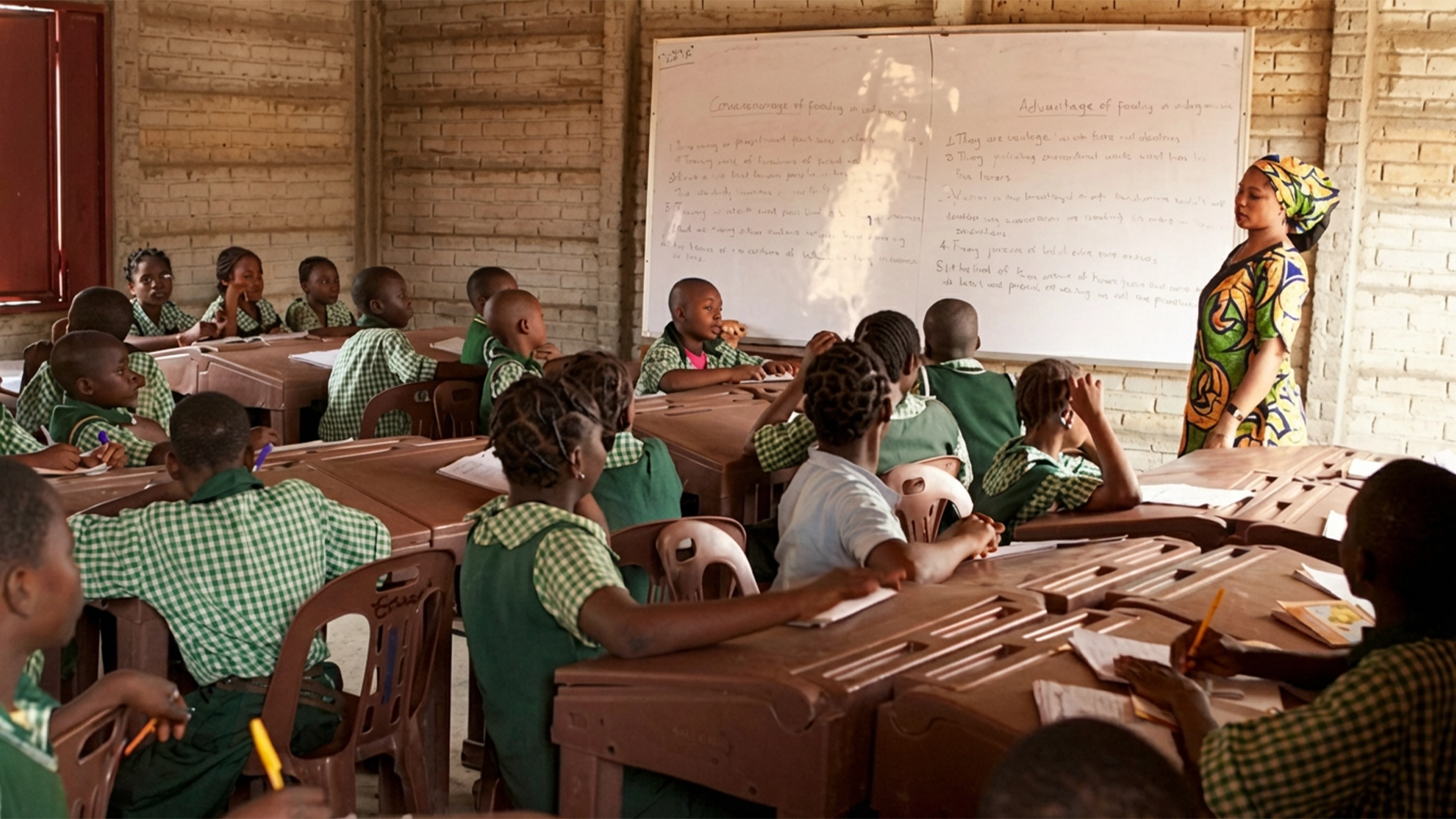
The Theatre Commander, North-East Joint Operations (OPHK), Maj. General Christopher Musa reportedly said that 886 ‘hardened’ fighters of the extremist Islamic sect will be transferred to Giwa Project for prosecution. Contrary to the opinion of cynics that this may be one gimmick by the government in the season of election, this information, coming from military sources and indeed from the men in the theater of action, cannot but be accorded credibility. Besides, the political will to move forward in this direction is noteworthy, as opposed to the hitherto dilly dally approach to what should have all along been a straightforward procedure.
Notwithstanding the indubitable heinous crimes committed by the terrorists, it is accepted that in a democracy under the rule of law, they are, on the presumption of innocence until proved and pronounced guilty, entitled to their day in court.
The Terrorism (Prevention and Prohibition) Act, 2022 in Section 2 (3) states in copious details a 14-point definition of ‘acts terrorism’ that include acts ‘willfully performed with the intention of furthering an ideology, whether political, religious, racial, or ethnic, and which (a) may seriously harm or damage a country or an international organisation; (b) unduly compels a government or an international organisation to perform or abstain from performing any act; (c) seriously intimidates a population ; (d) seriously destabilises or destroys the fundamental political, constitutional, economic or social structures of a country or an international organisation; (e) influences a government or an international organisation by intimidation or coercion; (f ) violates the provisions of any international treaty or resolution to which Nigeria is a party, subject to the provisions of Section 12 of the Constitution of the Federal Republic of Nigeria, 1999; and (g) involves, causes, or results in— (i) attack on a person’s life, in the form of grievous bodily harm or death, (ii) kidnapping of a person, (iii) destruction of Government or public facility, a transport system, an infrastructural facility, including national critical information infrastructure, a fixed platform located on the continental shelf, a public place or private property, which may likely endanger human life or result in major economic loss.’
Furthermore, ‘‘the disruption of the provision of essential emergency services, including police, civil defence, medical and acts prejudicial to national security or public safety and the propagation and dissemination of information or information materials in any form or mode calculated to cause panic, evoke violence or intimidate a government, person or group of persons’’ are classified under the law as acts of terrorism.
No one can deny that Boko Haram fighters have committed one or more of these crimes in the course of pursuing their illegitimate aims to overawe government and overrun the Nigerian territory. But, they have rights to fair hearing and due judicial process as guaranteed by local and international laws. Section 36 of the extant constitution states, inter alia, that ‘whenever any person is charged with a criminal offence, he shall, unless the charge is withdrawn, be entitled to a fair hearing in public within a reasonable time by a court or tribunal.’’ The law also insists that ‘‘every person who is charged with a criminal offence shall be presumed to be innocent until he is proved guilty.’’ If these are the ‘encumbrancers ‘ imposed by democratic tenets upon a society traumatised by terrorists, so be it – for the sake of transparent justice and civilised conduct of affairs.
Indeed, but for the fact that Nigeria is governed, somewhat, by democratic principles, it would not be out of place to suggest that a military tribunal be appropriate for at least persons either engaged in and captured in the war theater or those who evidently have received military training –cum -indoctrination for the clear purpose to impose a particular political-religious belief system upon this federal republic.
The point must be made, however, that the trial of the accused persons should be focused to the point and quickly concluded. It is trite that justice delayed is justice denied. They have been incarcerated long enough, (assumably while their cases were investigated for prosecution) to not allow a long-drawn judicial process.
Section 76 of the Terrorism Act, grants ‘jurisdiction to try offences under this Act or any other related enactment and to hear and determine proceedings arising under this Act…’ as well as ‘jurisdiction to impose any penalty provided for an offence under this Act or any other related law.’ But our courts are generally already overburdened with work.
As far back as May 2015, the then Chief Justice of Nigeria (CJN), Justice Mahmud Mohammed lamented the ‘ sobering picture’ that ‘the number of cases pending before the courts has reached critical proportions and we must use all appropriate means to stop it from spiraling out of control. He added, “If one considers the number of cases pending in high courts and other courts of record, you will agree with me that the situation is indeed disturbing and sobering.” In August of 2015, Justice Fred Oho of Delta State High Court reportedly stated in a research paper he presented that there are over five million cases pending in Nigerian courts due to a ‘‘hugely cumbersome and overburdened legal system.’’ The number may likely have risen far higher in the past eight or so years. Even the Supreme Court is reported to have thousands of cases pending before it, as opined by current CJN Olukayode Ariwoola. At the special session of the Supreme Court to mark the commencement of the 2022/2023 legal year and the swearing-in of 63 newly conferred Senior Advocates of Nigeria, he said 6,884 appeals were currently pending. For only one Supreme Court for a country of over 200 million citizens, this cannot be said to help the course of justice.
The way cases, due to frivolous or genuine reasons, drag on for insufferably long period in the courts does not encourage the confidence to try suspected terrorists in the ‘business –as- usual manner. In the matter of trial of cases of terrorism, there is strong reason to suggest that special courts or tribunal, as the bounds of law permits, be assigned for speedy trial and within a time limit. Section 46 of the 1999 Constitution grants the CJN powers to ‘make rules with respect to the practice and procedure of a High Court…’ and the National Assembly to ‘confer upon a High Court such powers in addition… as may appear to the National Assembly to be necessary or desirable for the purpose of enabling the court more effectively to exercise the jurisdiction conferred upon it …’ Deriving from these constitutional provisions therefore, the federal legislative and judicial arms are challenged to do the needful: empower the courts to decide the fate of accused terrorists so that the speediness can, it may be hoped, deter aspiring terrorists.
The idea has been suggested by some people that government considers an amnesty for terrorists as a so-called ‘political solution.’ It is inconceivable – even unconscionable – that, for whatever grievance they hold against the state, persons who have taken it upon themselves to levy war against the rest of the community should be pardoned for such criminality. If such criminals were to be amnestied, what ‘political solution’ is available to assuage the feelings of their victims, what compensation can replace lives lost, body permanently maimed and property irreversibly destroyed?
The Terrorism Act in Section 91 establishes a ‘Special Victims Trust Fund’ to be sustained from various sources to ‘‘(a) pay compensation, restitution and damages to victims of acts of terrorism; (b) fund terrorism prevention programs and such other purposes incidental to or connected with the attainment of the objectives of this Act.’’ It is hereby suggested that in addition to the listed sources of income into the Fund, all money, proceeds of sales of property, investments and any other material wealth established to be owned by convicted terrorists be paid into this Fund instead of the Federal Government-controlled Confiscated and Forfeited Assets Account. Government must not be seen to benefit in any way from the wickedly- acquired wealth of terrorists. And because there is no monetary cost for life, no amount will be too much to pay to the family and relations of terrorism victims.
In the name of justice, let the accused have their day in court without delay, so their victims may have closure on their nightmarish experience.






